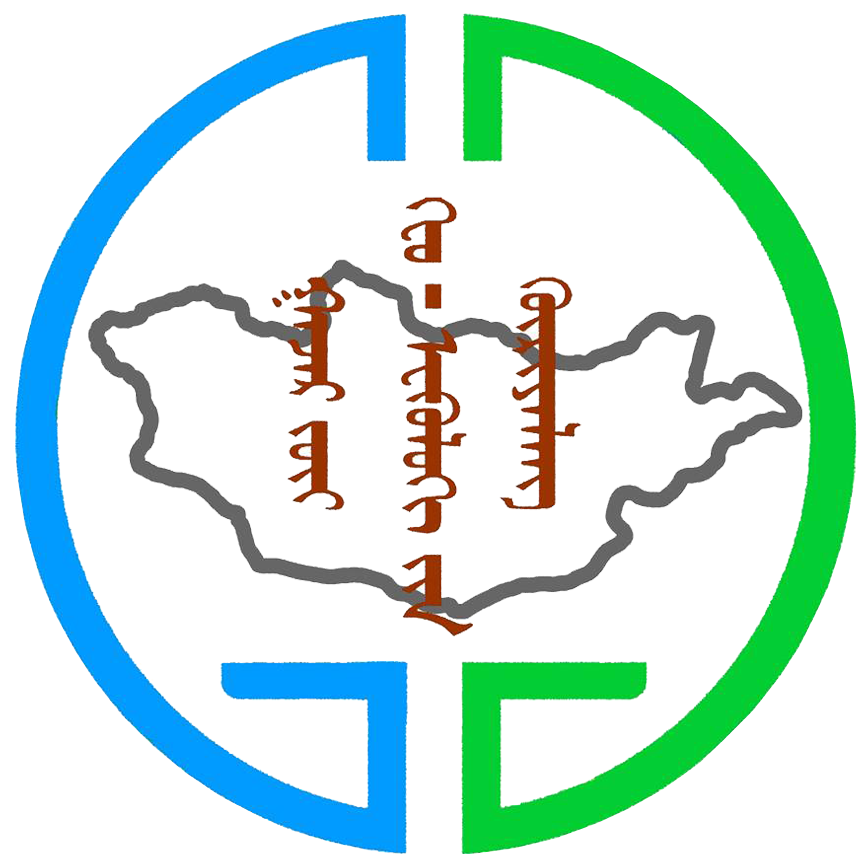The western region of Mongolia is the homeland of endangered species including saiga, and snow leopard. In other
words, this region is the habitat to support healthy populations of threatened wildlife. Therefore, this investigation is
significant to detect the quality and degradation of habitat for this region. The aim of this study is to assess habitat
quality using a tool to support decision making process. In this study, we used widely used two models: Integrated
Valuation of Ecosystem Services and Trade-offs (InVEST)-based habitat quality model and Analytical hierarchy
process (AHP). Geographic information system (GIS)-based AHP model was used to estimate the weight of each
threat. InVEST-based habitat quality model was used to integrate information on land use and land cover (LULC) and
threats to biodiversity to assess habitat quality for the given area. For the data analysis, eight threats were prepared
(urban land, mining area, paved and unpaved roads, cropland, location of herders, and nightlight). The raster data were
obtained from Landsat Operational Land Imager (OLI) imagery, Google Earth map, and geodatabase of Mongolia.
Those raster files of the distribution and intensity of each threat, with values between 0 and 1. After estimation of the
weighted value of each threat, we assessed threat impact on specific LULC types. The weighted value is created
applying the Eigen vector that is determined each threat impact on the habitat. Finally, we generated two spatial
distribution maps: habitat quality and habitat degradation. The results showed that high-quality habitats were detected
in the special protected areas and low-density locations of herder camp. Most low-quality habitats were detected in the
overlapped human activity areas. A large size of study area were highly affected by unpaved road impacts. Our study
results of habitat quality and habitat degradation maps are valuable information that will contribute to developing
nature conservation planning and improving ecosystem services.
